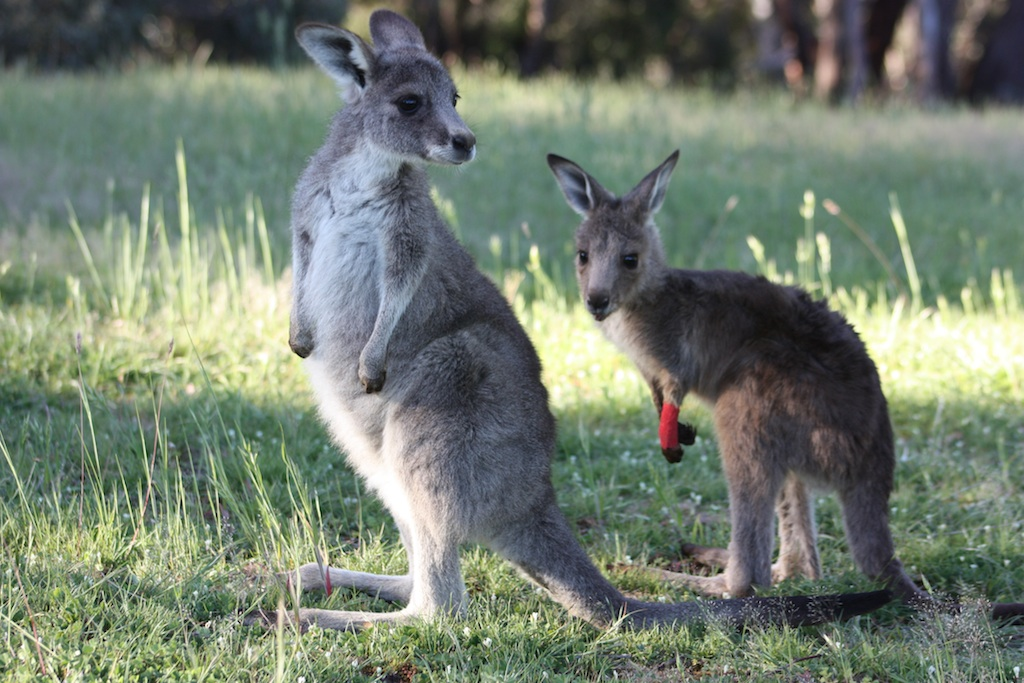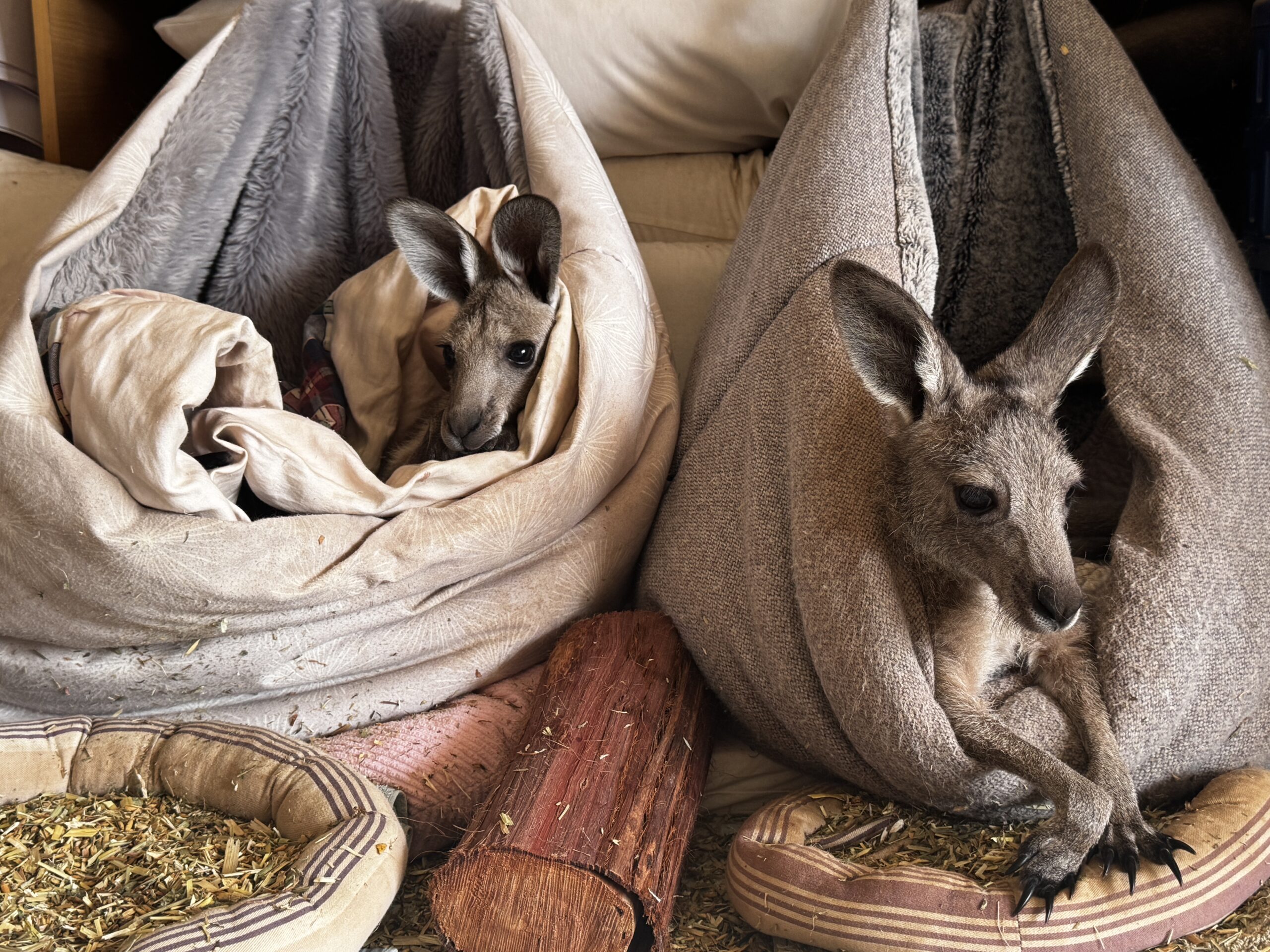Data on NSW licencing reveal the extent of Government-sanctioned destruction of native animals in the state | Conservation groups and wildlife carers to provide evidence of the extent of cruelty at inquiry into licensed killing SYDNEY (5 February, 2026)—Humane World for Animals Australia (previously Humane Society International Australia) will...
September 1st marks the day shark nets are reinstalled on 51 beaches across NSW, stretching from Newcastle to Wollongong in a misguided attempt at public safety. They will hang invisibly in the water, drowning marine wildlife until April 30th next year.
Humane Society International (HSI) and the Australian Marine Conservation Society (AMCS) are questioning: Why are the shark nets returning and not SMART drumlines? The replacement of shark nets with new technologies such as SMART drumlines and drone surveillance can more effectively reduce the risk of shark bite, without taking a toll on marine wildlife.
Trials of SMART drumlines in NSW since 2016 have consistently shown that they catch more target sharks than nets, allowing them to be tagged, relocated and released alive offshore – all without the heavy toll on marine wildlife. Yet it is the damaging nets that are returning to NSW beaches not SMART drumlines.
Data from last year’s meshing season (2019-20) [1] reported the capture of 480 animals in the shark nets. Nearly half (227) of all animals caught in the nets were species protected under Australian state and federal laws, or listed as threatened under international conservation treaties. Over half of the entangled animals died including 7 dolphins, 6 turtles, 38 rays and 14 critically endangered grey nurse sharks.
Marine Wildlife Catch in Shark Nets vs SMART Drumlines
| Method | Total Catch | Target Sharks Caught | % Target Sharks | Total Animals Killed | % of Total Catch Killed |
| Shark Nets (Sept 2012- April 2020) | 2887 | 204 | 7% | 1624 | 56% |
| SMART Drumlines (From intermittent trials Dec 2016 to Dec 2019) | 716 | 499 | 70% | 6 | > 1% |
The conservation organisations are pleased that the NSW Government is investing in drone surveillance but the return of the nets instead of SMART drumlines in their place does not make sense.
Lawrence Chlebeck, Marine Biologist with HSI said “We need to call time on the outdated shark nets. They’ve been used in Sydney since 1937, and we have had 80 years of advancement in technology and understanding of shark behaviour since then. NSW DPI has made great progress in developing and trialling solutions to manage the risk of shark bite such as drone surveillance, SMART drumlines and education. It’s now time to fully commit to these new technologies which more effectively reduce the risk of shark bite, and can do so without killing marine wildlife.”
Dr Leonardo Guida, shark scientist at the AMCS, said “Shark nets are not a barrier and as many as 40% of sharks are caught on the shore side of a net as they make their way back out to sea.1 The only guarantee we have from these nets, are the drownings of iconic wildlife like dolphins and turtles – and there are still a couple of months remaining in the whale migration. For over 80 years in NSW, tens of thousands of animals have drowned at netted beaches.”
Mr Chlebeck added: “Shark nets were removed along the North Coast of NSW because the local communities opposed the unacceptable wildlife death toll, and recognised their inability to safeguard the public. Newcastle, Sydney, and Wollongong can unite and call for the same. Trials of SMART drumlines have shown their ability to catch more target animals with minimal bycatch. We ask the NSW Government to commit to their investment in non-lethal technology and bring an end to the nets. This must be the last meshing season.”
FOOTAGE OF NON TARGET WILDLIFE CAUGHT IN THE NSW NETS, AN INFOGRAPHIC EXPLAINING THE DAMAGE OF THE NSW SHARK NETS, AND MP4 VERSION OF THE INFOGRAPHIC ARE AVAILABLE FOR DOWNLOAD HERE.
- Shark Meshing (Bather Protection) Program 2019/2020 Annual Performance Report. NSW Department of Primary Industries. Scott Dalton, Cameron Doak, and Vic Peddemors. ISSN 1839-0900.
- Likely effectiveness of netting or other capture programs as a shark hazard mitigation strategy in Western Australia. Associate Professor Daryl McPhee, 2012.


